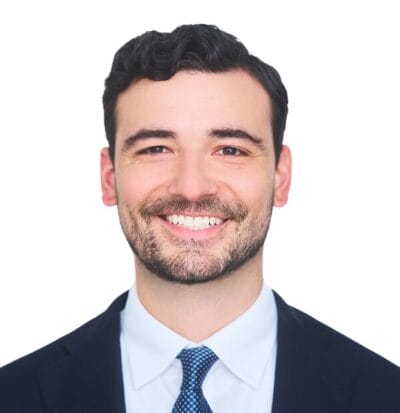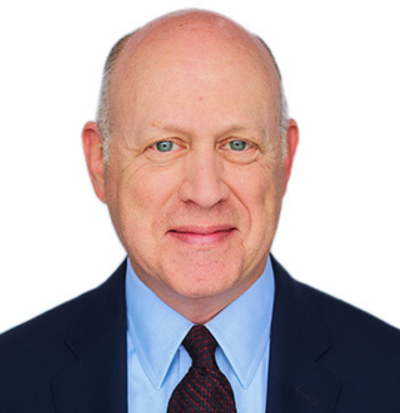Malawi acceded to the
Madrid Protocol on September 25, 2018.
The Protocol will enter into force with respect to Malawi on December
25, 2018. Malawi will be the 102nd
member of the Madrid System. See more at
www.wipo.intMore
India: Single Color Not Protectable as Trademark
Christian Louboutin SAS v. Abubaker & Ors, No. 890/2018(May 25, 2018)
One step forward and one
step back. Such is the path for
Christian Louboutin in his ongoing battle to enforce trademark rights in his
famous red sole around the world. More
Czech Republic: Changes to Czech Trademark Act
In order to implement EU
Directive No. 2015/2436 of the European Parliament (approximating the trademark
laws of Member States by January 14, 2019), the following amendments to the
Czech Trademark Act will take effect as of January 1, 2019 (among other
changes):
• More
China: Brand Owner Prevails in Unfair Competition Action Against Bad Faith Squatter
Bayer Consumer Care Holdings LLC and Bayer Consumer Care AG v. Li Qing, Hangzhou Yuhang, District People’s Court 2018
In a recent decision in
favor of the owner of the COPPERTONE sunscreen brand, the Yuhang District Court
opens the door to unfair competition claims against malicious trademark
registrations by trademark squatters.More
Canada: New Trademark Regime Effective June 17, 2019
We report the date of
the long-awaited coming into force of the new Canadian trademark regime – June
17, 2019. The principal changes include
the following: (1) It will no longer be necessary to state a basis for
trademark applications and (2) Declarations of Use will no longer be required,More
Canada: Hilton’s Registration Can Stay in Canada Even Though Guests Cannot
Hilton Worldwide Holding LLP v. Miller Thomson LLP,2018 FC 895.
The Federal Court of
Canada confirmed that trademark owners can provide “hotel services” in Canada
without operating a hotel. Instead,
ancillary hotel services provided over the Internet can constitute trademark
use as long as Canadians receive a “meaningful benefit” from them. More
U.S. Copyright: The Music Modernization Act
The Orrin G. Hatch-Bob
Goodlatte Music Modernization Act (MMA) was signed into law on October 11,
2018. As the name suggests, the law is
aimed at updating music copyright laws for the digital age. Just before signing the law, President Trump
said: “The Music Modernization Act closes loopholes in our digital royalty laws
to ensure that songwriters,More
Federal Circuit: USPTO Loses Bid for Win-or-Lose Fees
NantKwest Inc. v. Iancu, 898 F.3d 1177 (Fed. Cir. 2018)
In July 2018, the Federal Circuit rejected the
U.S. Patent and Trademark Office’s (“USPTO”) argument that it was entitled to
recover attorneys’ fees, win or lose, when defending the Patent Trial and
Appeal Board’s (the “Board”) decisions under Section 145 of the Patent Act,More
Protection of Non-Traditional Trademarks under U.S. Law
By Julia Belagorudsky
I. INTRODUCTION
While trademark protection is most commonly associated with source identifiers such as individual words, logos, slogans and a combination of these elements, trademark protection in the United States can also extend to colors, sounds, smells, and other non-traditional source identifiers.More
USPTO: Registration of Non-Traditional Trademarks
While trademark protection is most commonly associated with source identifiers such as individual words, logos, slogans, and a combination of these elements, trademark protection in the United States can also extend to colors, sounds, smells, and other non-traditional source identifiers. Brands appeal to consumers in varied ways,More

















































